Winters in Texas can be unpredictable when it comes to freezing weather. In February 2021, millions of Texans found out that being unprepared for extreme winter weather can be disastrous. Hundreds of pipes without proper insulation burst from the freezing temperatures and caused major water damage to homes and businesses. A huge percentage of these repairs could have been avoided if proper winter plumbing preparations had been completed before the unexpected storm.
Protecting your plumbing should be high on your list of priorities regardless of the forecast. Here is our list of ways to prepare your plumbing for a winter storm in Texas.
1. Insulate Your Pipes
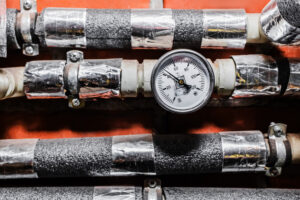
A water pipe’s worst enemy is freezing air. Insulating your pipe system is the easiest and most cost-effective way to protect your plumbing from rupturing during a freeze. Foam insulation prevents cold air from reaching the pipe and the water inside. If freezing air does reach a water pipe, the water inside will expand as it starts to freeze and creates massive amounts of pressure inside the pipe. Water pipes will burst if too much pressure builds up inside of them causing major water damage and costly repairs.
Broken backflow preventers are the most common repair needed after a winter storm. Water can collect in components that are impossible to drain making them the first victims of burst pipes during a winter storm. Avoid these repairs by ensuring your backflow preventers are properly insulated.
2. Prevent Cold Air Intrusion
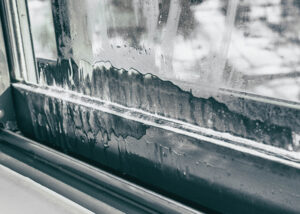
It takes more energy to get warm than to stay warm. Don’t just insulate your pipes, make sure your property insulation is up to the challenge of protecting you and your plumbing. Preventing cold air from reaching your plumbing is the key to protecting your pipes from rupturing especially if you have lost power.
Check the sealant on your doors and windows and replace faulty seals so that cold air can’t creep into your property. Missing vent covers on foundation and attic vents are common places where freezing air enters into properties and causes pipes to burst. Keeping your garage door closed will also prevent warm air from escaping from your house.
Keep your cabinets open if you still have power and heat in your building to allow the warm air to circulate around the pipes.
3. Keep Your Water Flowing
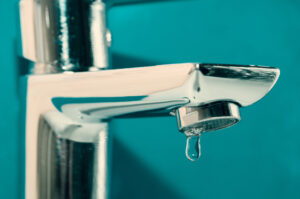
Dripping your faucet may seem like common knowledge, but many people fail to understand just how important it is or how to do it effectively.
Keeping your water flowing not only prevents it from freezing, but also releases pressure in the pipe that would otherwise cause it to rupture.
Drip one cold-water faucet slowly. It does not need to be a trickle. Drip the faucet furthest away from your main water shutoff valve.
Stop dripping your faucets and turn off your water at the main shutoff valve if you experience a power outage for over 24 hours. Purge your pipes of water to ensure that residual liquid does not freeze and increase pressure in the pipes.
4. Locate Your Water Shutoff Valve
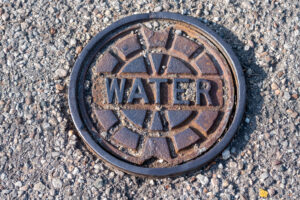 Knowing how to turn off the water to your property is critical when the weather dips below freezing. If a pipe does burst on your property, you will want to turn off the water as quickly as possible to minimize the water damage that can occur.
Knowing how to turn off the water to your property is critical when the weather dips below freezing. If a pipe does burst on your property, you will want to turn off the water as quickly as possible to minimize the water damage that can occur.
Water shutoff valves are typically located near a property’s water meter outside and away from the structure but their location can vary. Take some time to look in and around your house to locate the valve.
It is possible to turn off the water at the water meter but many municipalities discourage doing so. Specialized water meter keys and wrenches are required to be able to open the water meter box and to turn off the water. These can be purchased either online or at home improvement stores.
5. Protect Your Outdoor Faucets
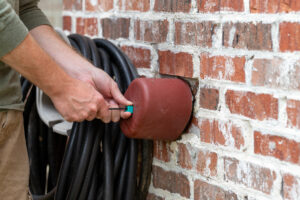
Outdoor water faucets are often one of the most overlooked or forgotten about winter plumbing preparation. Be sure to disconnect hoses and store them properly. If you leave a hose connected to a faucet, ice can back up into the pipe and inside your property.
Hose bibs and spout covers are cheap and effective ways to insulate and protect your outdoor water spouts.
